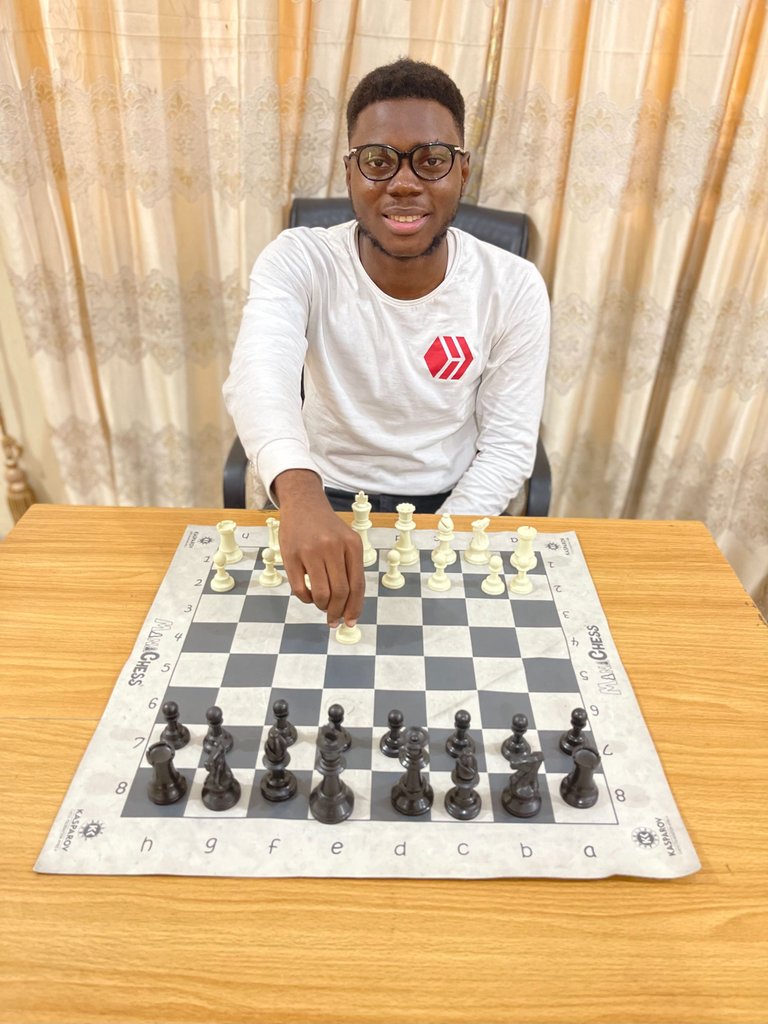The Art of War - A different Translation & Lesson

Hello everyone,
It is a great pleasure to have you all here for another book post from my blog. I sincerely hope you all have found some of the lessons I spoke about in my previous book reviews quite helpful. It is my honour to share, and the best way for me to learn more as well.
Previously, I have spoken about how difficult it was for me to grab a thing from Sun Tzu's book.
Here is the link to the previous post:
The Art of War (Denma Translation) — A Difficult Read of One of History’s Greatest Books
But in this post, we will look at a new lesson I grabbed from Sun Tzu's book The Art of War after giving it a second try with a different translation. Although the book is quite old, written way back 200 years ago, its knowledge is still useful in the world we find ourselves today. A very popular quote from the book:
If you know the enemy and know yourself, you need not fear the result of a hundred battles.
This quote resonated with me on a deeper level. It is not about the literary words in the statement, but it is about the deeper meaning that it conveys. It questions you on how well you know yourself. Not just on the name and surname level, but on a deeper level. What are your strengths, what are your weaknesses, where do you perform the most, and things like that?
You need to have this understanding with yourself on a certain level. Ask yourself the tough question you have been avoiding for a while, probably because of how difficult it might be to get an answer, and see what lies underneath those questions.
For instance, you want to launch a startup that solves a certain problem. You have to do the hard work and the personal work. The hard work is in the sense of what problem you want to solve and what skills you have to solve this problem. Outlining the areas you are good at can be a strong hold for you, but as important as it may be, you also need to outline the areas you are not good at. This will help in navigating your path to search for the right partner that has what you lack; this is the personal work. This is how a good co-founder or business partner can be found.
The knowledge in this book is what makes it vital in today's world, and now you can take the knowledge not just on the context level but also reflect it on your personal life as well. The next aspect is to look at the enemy. The enemy does not have to be a person or army; it could be an obstacle in the way of you achieving what you are trying to achieve.
For example, if you struggle with procrastination, you always put off the work to another time. I will do it later or another time. Now that is an enemy. You have been blocked from achieving what you want to achieve because of how much time you have procrastinated. Now you can understand that it is not a person that is the obstacle, but rather procrastination.
The need to personally reflect on my strengths and weaknesses has been my take from this book. I have begun to reflect on my actions on what I do best, the areas I am not really good at, and what I can do to improve. It is not all about waging a war against a person, but about knowing what has been your enemy for so long and how much you know about the enemy and yourself.
Read The Art of War and ask yourself what your true strengths are and who or what is your enemy. If you can do this, I guarantee you that the battle ahead is small compared to the victory that awaits you.


I am @samostically. I love to talk and write about chess because I benefited a lot from playing chess, and I love writing about chess.
♟♟♟♟♟♟♟♟♟

Posted Using INLEO
The way you tied "knowing yourself" to strengths and weaknesses, especially in things like starting a business or dealing with procrastination, thats cool.
This self discovery is needed for everyone , at least once in a while reflection . My enemy can be procrastination , it can be anything , but knowing what it is, is the first step to achieving success
A book of 200 years ago, yet with this deep value..really amazing.